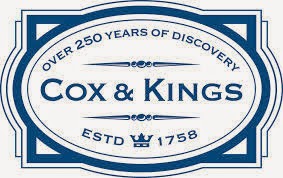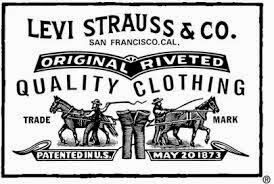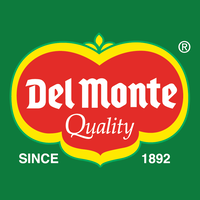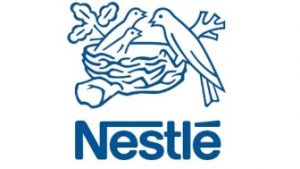
Before we begin, let me ask you a question that recently crossed my mind, “How old is your Company? How long do Companies live in this world?”
I read that most companies live from anywhere between 20 to 40 years. Another interesting fact I came across was that a third of the Fortune 500 companies of 1970 were gone by 1983 as they were either merged with or acquired by some other company and the rest simply went bankrupt.
This led me to another question which is, “Whilst human beings can live for about 80 years why is it that the Companies started by the same human beings do not survive that long?”
Let’s look at a comparison of the top 10 companies in the Fortune 500 in 2009 and 2019, a period spanning a decade to understand this further.
In 2010, the top 10 companies in the Fortune 500 list was as follows:
1. Wal-Mart
2. Exxon Mobil
3. Chevron
4. General Electric
5. Bank of America
6. Conoco Phillips
7. AT & T Inc
8. Ford Motor Company
9. JP Morgan Chase
10. Hewlett-Packard Company
By 2019, the list of top 10 companies in the Fortune 500 reads as under:
1. Wal-Mart
2. Exxon Mobil
3. Apple
4. Berkshire Hathaway
5. Amazon.com
6. United Health Group
7. McKesson
8. CVS Health
9. AT & T
10. Amerisource Bergen
As we can see from the data presented above, there is a shift towards technology, online platforms and services which is a clear indication that the top-performing companies are dependent on very efficient processes. Process orientation seems to be the singular aim of organisations to grow and do better as there is a dire need to stay ahead of the competition at all times.
Interestingly companies with less than 300 employees and which have been managed by a family have survived much longer than the others. Kongo Gumi is one example of such a Company which was founded in 578 AD survived till 2006, its existence spanning almost 1,500 years!
There are a lot of companies which have been in existence for several centuries particularly in Japan, Italy, Germany and France. Sumitomo, for example, was founded in 1590. Some of the other older companies from 17th and 18th Century are listed below:
 Coats – 1755
Coats – 1755
 Royal Bank of Scotland – 1727
Royal Bank of Scotland – 1727
 Cox & Kings Travel – 1758
Cox & Kings Travel – 1758
 Allen Solly – 1744
Allen Solly – 1744
 Saint Gobain – 1665
Saint Gobain – 1665
 Lambertz – 1688
Lambertz – 1688
 Lloyd’s Insurance – 1688
Lloyd’s Insurance – 1688
 Lloyd’s Bank – 1765
Lloyd’s Bank – 1765
 Cadbury – 1824
Cadbury – 1824
 Levi Strauss & Co – 1853
Levi Strauss & Co – 1853
 Heinz Ketchup – 1869
Heinz Ketchup – 1869
 Delmonte – 1892
Delmonte – 1892
 Woodward’s Gripe Water – 1851
Woodward’s Gripe Water – 1851
 Nestle – 1866
Nestle – 1866
 Horlicks – 1873
Horlicks – 1873
 Kiwi Shoe Polish – 1906
Kiwi Shoe Polish – 1906
All the old companies listed above have one habit in common – Process Orientation. They are companies that are completely driven by well-defined and well-laid-down processes.
Companies that have ensured professionalism in their approach to business have survived for several centuries, not just decades.
So, what is common in all these companies?
They all have well-defined processes and have always reviewed their processes from time to time. As the external environment posed challenges and the business evolved, all these companies have reviewed, refined and improved their processes progressively. Good processes without a doubt always lead to a very good relationship with all the stakeholders.
Managing a Company in this world of high and intense competition is not easy. In business, more than anywhere else is the saying “survival of the fittest” most apparent. You need not have the “biggest company” but you should have the company that is the fittest for you to survive. I admire the management of the above companies which have survived not just years but several centuries.
I want to end this post with a question I want you to answer honestly. “Does your company adopt the best practices in process management?”
If the answer is yes, then the good news is that you are on the right track just like the Companies mentioned in this post.
And if the answer is no, then I must inform you that having a good Process Management system is not an option but a necessity for any business to survive for long. But fear not, as one of the options available to you is contacting us at Leap Excellence, and we will use our experience of helping countless businesses to help develop the best practices in Process Management for your company.
